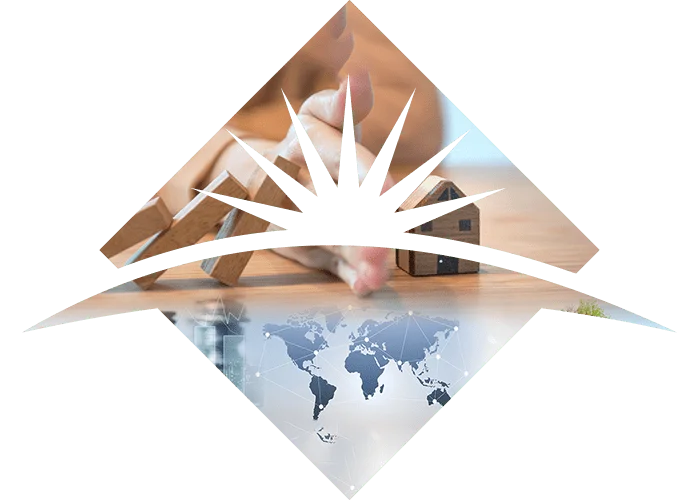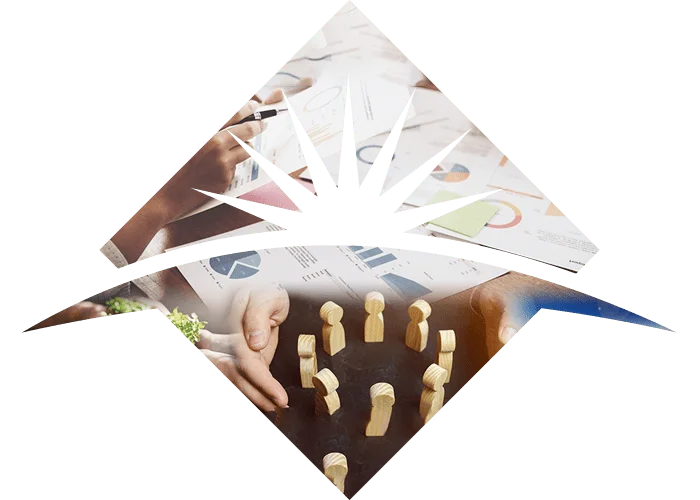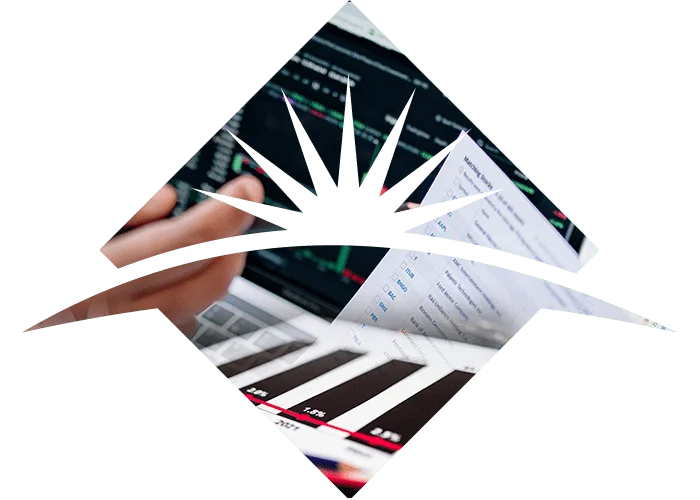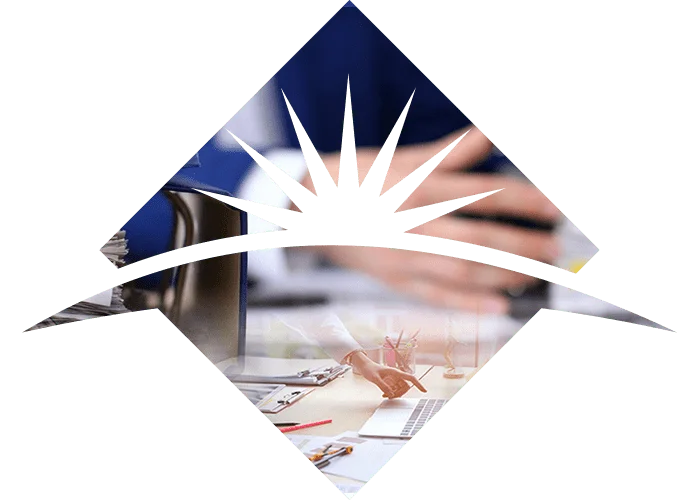
NDRMF is a government-owned not-for-profit institution registered with the Securities & Exchange

NDRMF is a government-owned not-for-profit institution registered with the Securities & Exchange Commission of Pakistan under Section 42

NDRMF is a government-owned not-for-profit institution registered with the Securities & Exchange Commission of Pakistan under Section 42

NDRMF is a government-owned not-for-profit institution registered with the Securities & Exchange Commission of Pakistan under Section 42




